Do They Speak English In Berlin? Is It German Only?
Germany is a fascinating place to visit with beautiful historical sites, wonderful cities, and expansive mountain ranges. If you’re planning a trip to the capital city of Germany, you may wonder, “do they speak English in Berlin?”
It can be scary to visit somewhere new, especially when there’s the possibility of there being a language barrier.
In this post, we’ll go over what languages are spoken in Berlin and what you should know before planning a visit to this bustling city.
Do They Speak English in Berlin?
Yes, they do speak English in Berlin. Even though the official language of Germany is German, you’ll encounter many Germans speaking the language.

While English isn’t the most widely spoken language, you are likely to notice many that speak it and understand you. Younger locals speak English more often since they likely learned some while in school.
You can encounter a few people that speak English in the city, especially if you’re in touristy areas. Some restaurants and shops may even have menus or guides with English translations to make your travels easier.
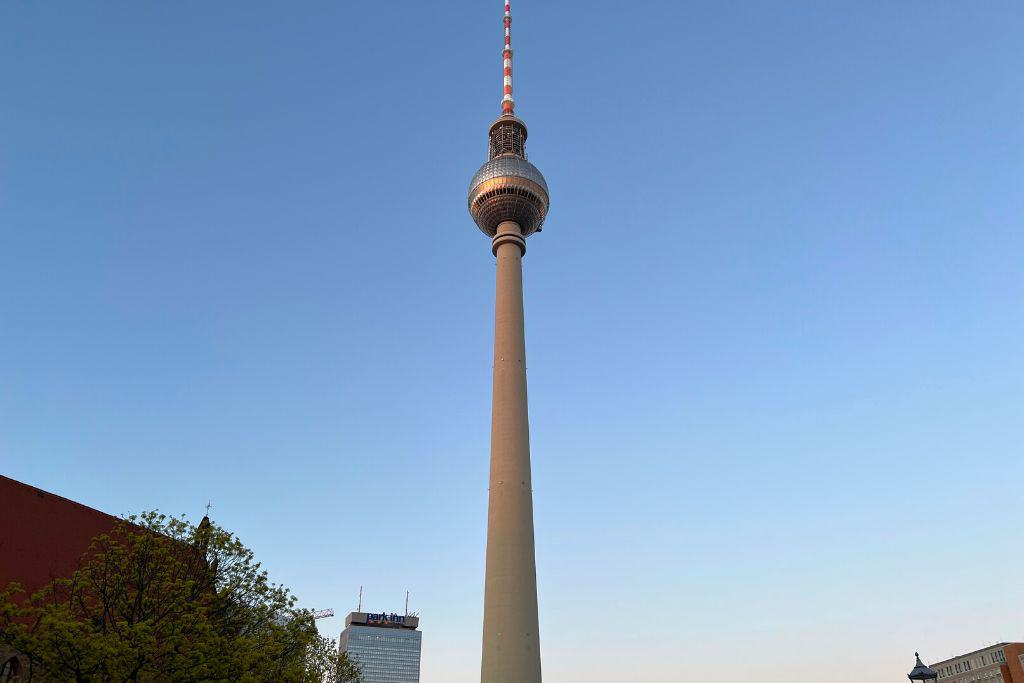
Most people who work at tourist attractions speak English, so if you’re visiting those parts of Berlin, such as around Brandenburg Gate, you should be okay. You can now take a sigh of relief, knowing that it won’t be necessary to learn the entire German language before your trip.
Despite this, it is polite and respectful to at least learn a few basic phrases before traveling to Germany.
What Percent of Berlin Speaks English?
Surprisingly, over 50% of the population of Berlin speaks English, although many of these people are the younger generations. This doesn’t mean that the entire population is fluent in English, but that most people in the country have at least some English under their belt.

The language is also growing in popularity and is becoming more commonly spoken. So in the coming years, it may be more and more common to hear Germans speaking English.
Is it OK to Speak English in Berlin?
Yes, it is okay to speak English while you are traveling in Berlin, Germany. Many locals living in the city speak at least some English, and they understand that there will be visitors who may not speak German.

Although the most respectful way to go about speaking to someone in English is by first asking them if they speak the language. You can do this by saying, “Sprechen Sie Englisch?” This means “Do you speak English?” in German.
By doing this, you’re respecting their native language and not just assuming they speak your English. It’s important to remember that just because some people in the country may speak English, it might not mean they feel comfortable doing so.
Typically, you’ll be able to find someone that can help you in English, but it’s best to respect their culture during your visit and not count on everyone speaking your language.
Can You Live in Berlin Without Speaking German?
While it isn’t totally necessary to speak German while living in Berlin, it certainly can be very helpful when it comes to settling into the city!
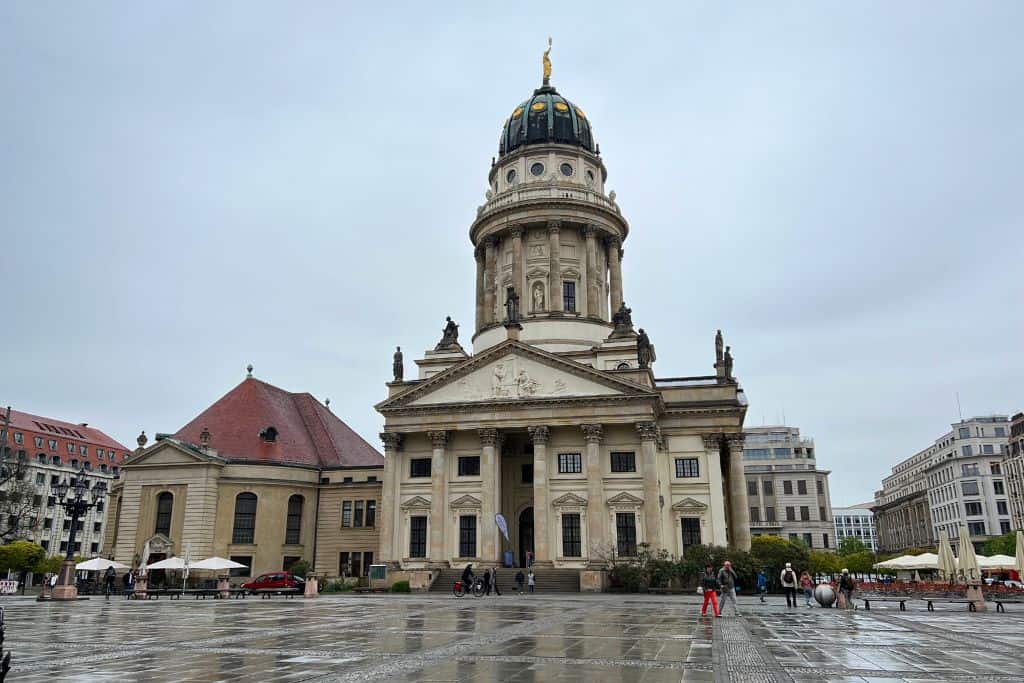
Having at least some knowledge of the German language can help you when speaking on the phone with people, ordering at restaurants, and communicating with others in public. This even includes something as simple as asking where a place is.
Also, most workers on public transportation tend to use German rather than English solely. You don’t need to be fluent in the language; others don’t need to be fluent in English to communicate with you. However, it’s still helpful for both of you to know some of each language.
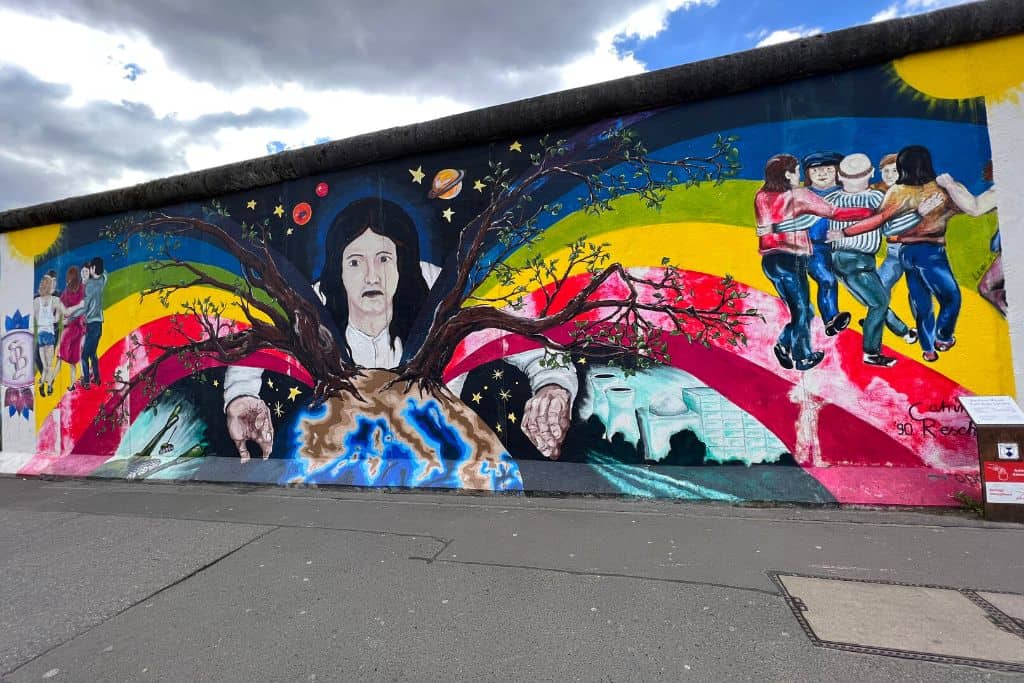
It can also help you to make friends while living in Berlin if you speak some German, as some locals solely speak it. Although, if you’re within the city and are in popular parts of town, you’ll likely run into many people that speak English.
It won’t be as necessary to use German, but it is polite to respect their native language. Ultimately, yes, you can live in Berlin without speaking German. However, it’s best to try to learn a few phrases to make your life and others a bit easier.
Which German Cities Speak the Most English?
As previously mentioned, since Berlin is the capital of Germany and the most populated city, you’ll find the most English-speaking people here.
Most younger people in Berlin and some of the older generations have learned at least some English during their schooling. Due to this, you can likely expect there to be some people here that can communicate with you.
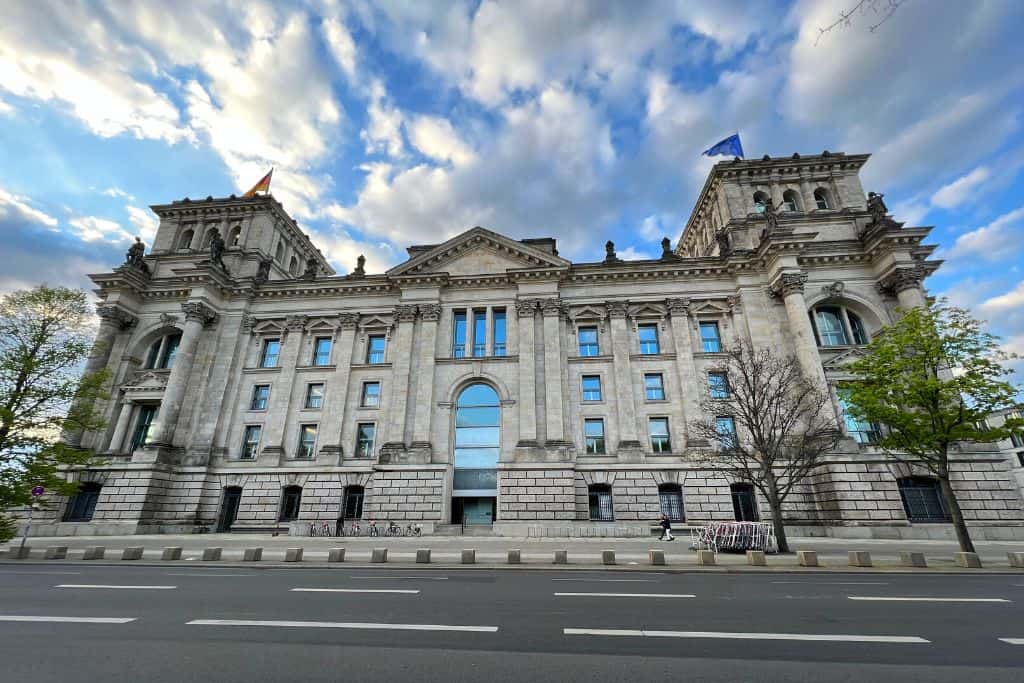
Another city with many English-speaking people is Munich, which is located about a 6-hour drive south of Berlin. Other cities with a wide range of English-speaking people include Frankfurt and Hamburg, also fairly large German cities.
Once you get into smaller cities and areas of the country, such as Heidelberg, you may realize that they speak English, but not as much as in Berlin.
Easy German Phrases to Learn for Your Trip
If you’re planning a trip to Germany and are trying to brush up on your skills, you’re in luck because many German phrases are fairly easy to learn.
It can be a tricky language to learn, as there are different word structures, and you can’t always translate word for word. However, the common phrases are pretty straightforward and easy to learn.
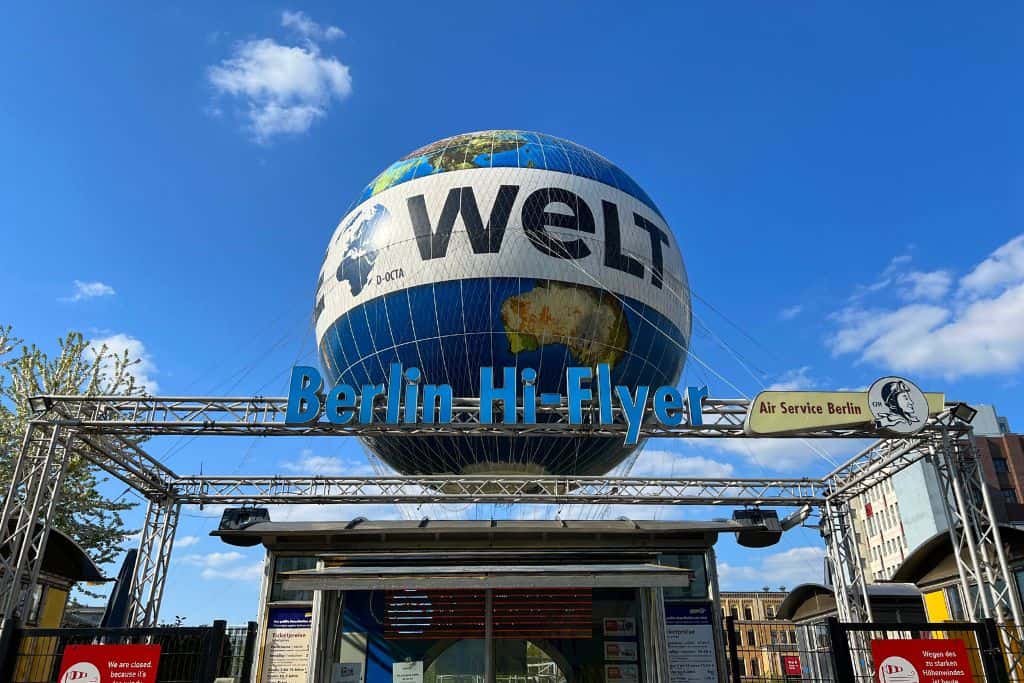
Below are some greetings and sayings that will help make your time in Berlin easier.
1. Hello- Hallo
Of course, one of the most important words to understand when visiting another country is “Hello.” Even if you don’t learn any other German before traveling there, at least be sure to understand this one!
It allows you to greet others and introduce yourself when you’re meeting someone new. Luckily, the German word for hello sounds very similar to the English word, and the pronunciation is HAH-LOW.
2. Bye- Tschüss
Similarly to saying hello and greeting someone, it’s polite to say goodbye if you are leaving. It makes leaving and ending a conversation smooth and is a nice way to leave the grocery store, restaurant, or otherwise politely.
There are actually multiple different ways to say goodbye in German, but one of the most common ways to say it is “Tscüss.” “Tscüss” translates from German to “Bye” in English. Its pronunciation is CH-OO-S.
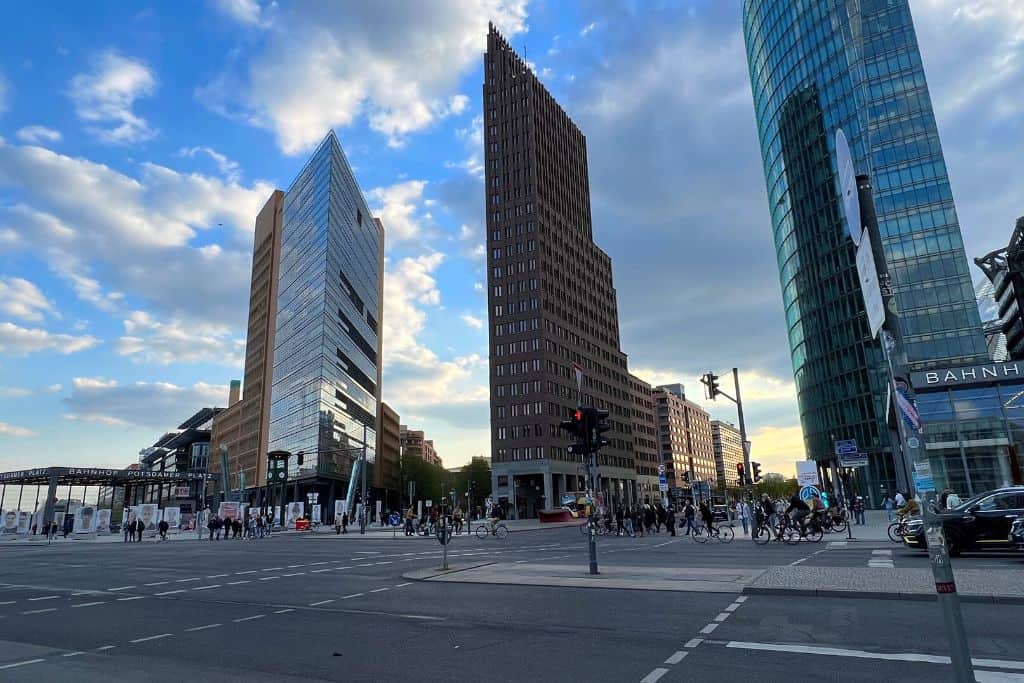
3. Please and You’re Welcome- Bitte
Aside from saying hello, using your manners and saying “Please” and “You’re welcome” are extremely important no matter where you are in the world.
In German, it can be a bit confusing because the words please and you’re welcome can have the same translation.
When you’re saying please, you’ll always say “Bitte,” which is pronounced BIT-UH.
And if you’re responding to someone saying thank you in the form of Danke (see below), then you will also say “Bitte,” which will mean “You’re welcome.”
4. Thanks- Danke
Like all of the above words, there are many different ways to say “Thank you” in German, depending on the situation.
But the most straightforward and universal way to thank someone is by saying “Danke.” This is most simply pronounced DONK-UH.
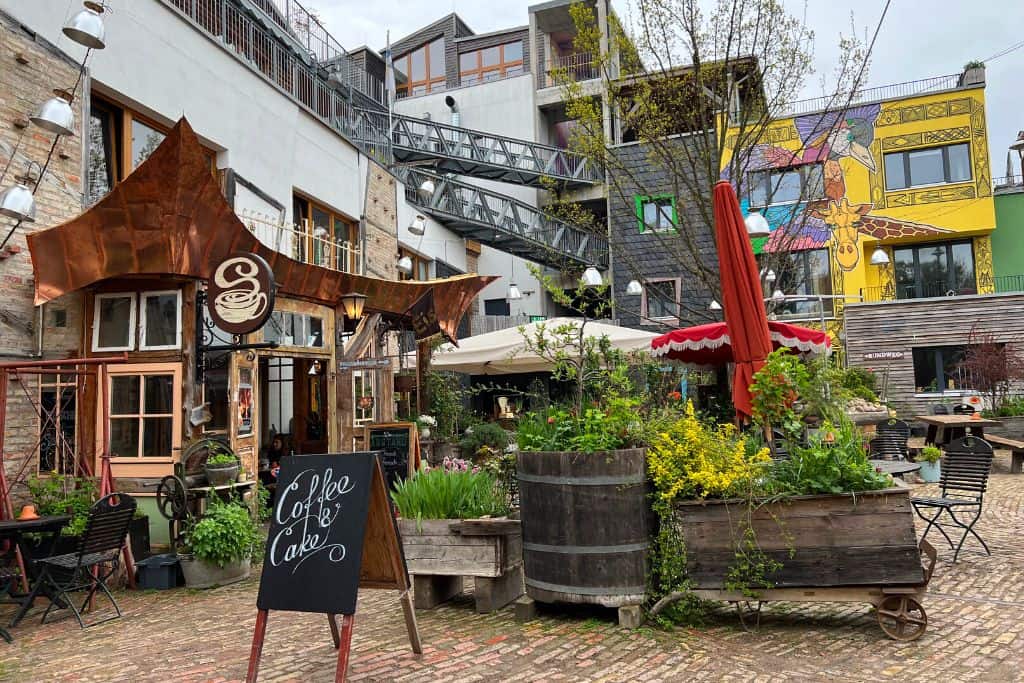
5. Yes- Ja
Another phrase you often use when traveling around Germany is “Yes.”
Of course, this can help you order at restaurants, talk to someone in public, speak on the phone, purchase something at a store, and many other times.
It’s one of the most important phrases to know, and it’s one of the easiest as well. The most direct translation for “Yes” in German is “Ja.” This is pronounced YAH.
6. No- Nein
Going along with “yes,” you should also understand how to say “no” if you need to turn something down.
This also may be useful in answering someone if they ask if you speak German or understanding someone if they tell you that they do not speak English. When you’re saying “No” in German, it’s pronounced NINE.
7. Do you speak English?- Sprechen Sie Englisch?
To politely speak to someone who typically speaks German in English, you should first ask them if they speak English or not.
This shows them respect and will ensure the conversation flows more smoothly. To ask them, you will say, “Sprechen SIe Englisch?” This is pronounced SCH-PRY-KIN ZEE ENGLISH.
To Sum Up: Do They Speak English in Berlin?
Planning a trip to a new country can be a challenge. One of the reasons is when you encounter a language barrier from not speaking the country’s native language.
So you might wonder, “do they speak English in Berlin?” Yes, they certainly do! Berlin is full of local English speakers, or many who understand it.
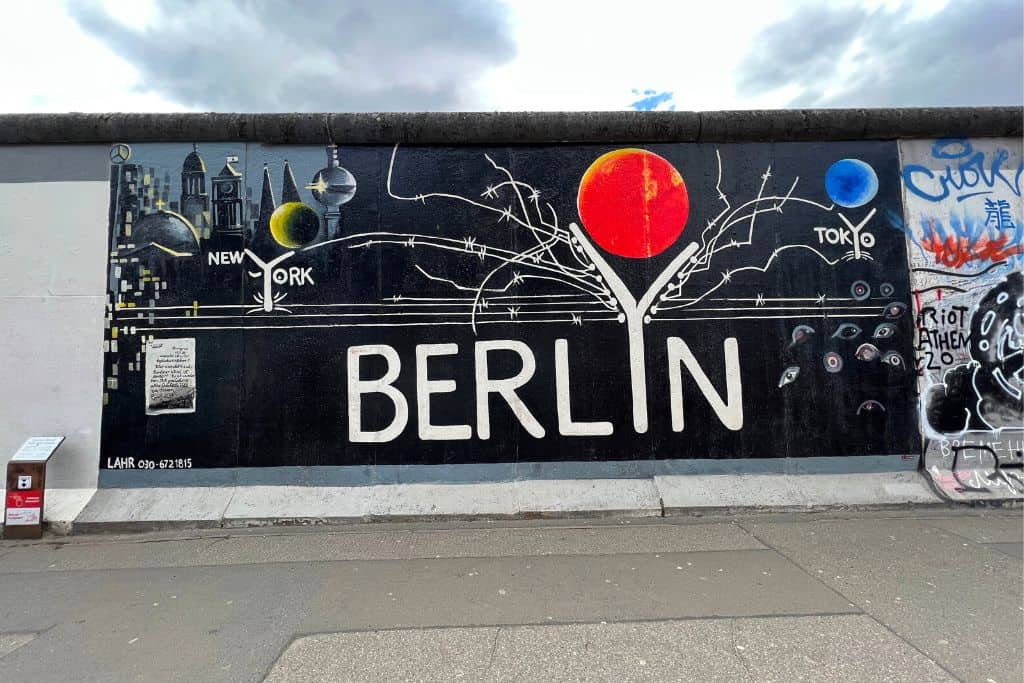
You’ll be happy to know you don’t need to become fluent in German. However, you should have some common Germans phrases memorized to be respectful of the culture.

